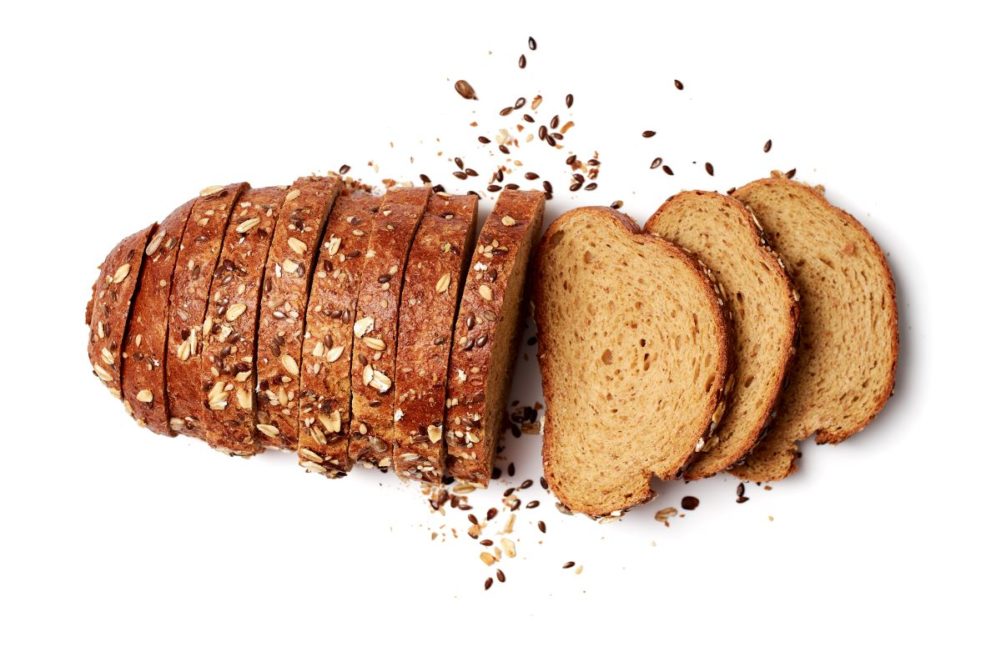WASHINGTON — Key issues impacting the grain-based foods industry are the popularity of fiber, an apparent decline in keto diets and sustainability concerns, according to the International Food Information Council’s 2023 Food and Health Survey released May 23. The IFIC survey involved 1,022 Americans of the ages 18 to 80 who were contacted April 3-10.
When asked what they were trying to consume more of, 61% of the IFIC survey respondents said fiber, which was up from 53% in last year’s survey. Fiber came in behind only protein at 67%, up from 59% last year, and tied with vitamin D. When asked their definition of a healthy food, good source of fiber ranked seventh at 25%. Fresh was the top answer at 40%, followed by low in sugar at 37%. Good source of whole grains was at 19%.
When asked what dieting patterns they followed in the past year, 4% said ketogenic or high-fat, which was down from 7% in last year’s survey. The percentage of consumers following gluten-free diets fell to 6% from 9% last year. Low-carb dieting remained the same at 6%.
The IFIC survey showed 72% of respondents said they were trying to limit or avoid sugars. When asked what types of sugars they were avoiding, 59% said added sugars, which ranked ahead of all types of sugars at 27% and sugars naturally present in foods such as whole fruit and plain dairy products at 14%.
Ninety-one percent of respondents said they have noticed an increase in the overall cost of foods and beverages, which was up from 83% in 2022. Because of increased costs, 47% said they always or often tried new products or brands that were less expensive.
When asked if climate friendliness impacted their food and beverage choices, 35% said yes, 43% said no, 16% said they had not thought about it and 7% said they did not know what climate friendliness means. Thirty-nine percent said grains were one type of food that most impacted climate friendliness, which was behind meat and poultry at 62%, fresh fruits and vegetables at 55%, dairy at 45% and seafood at 45%.



